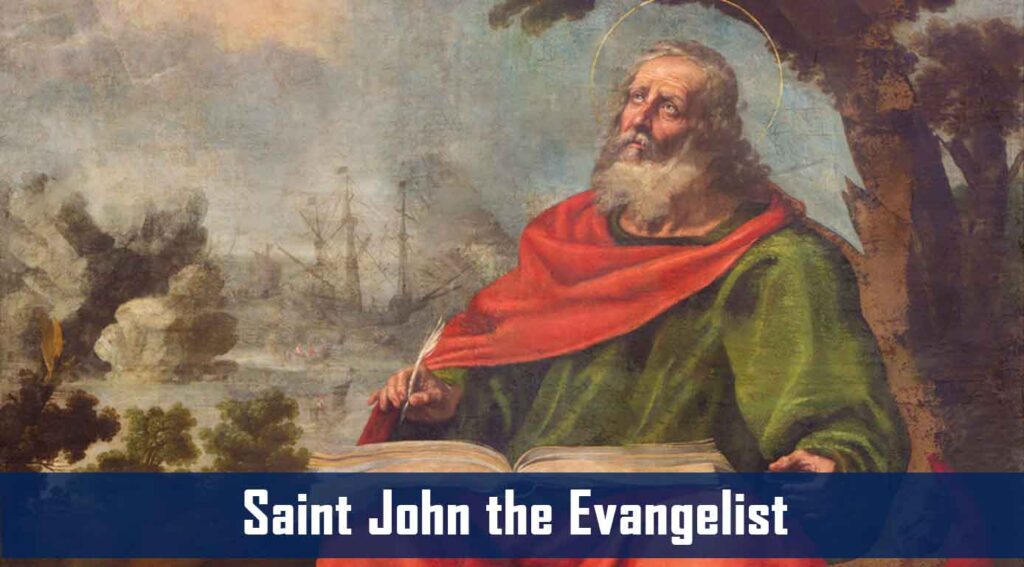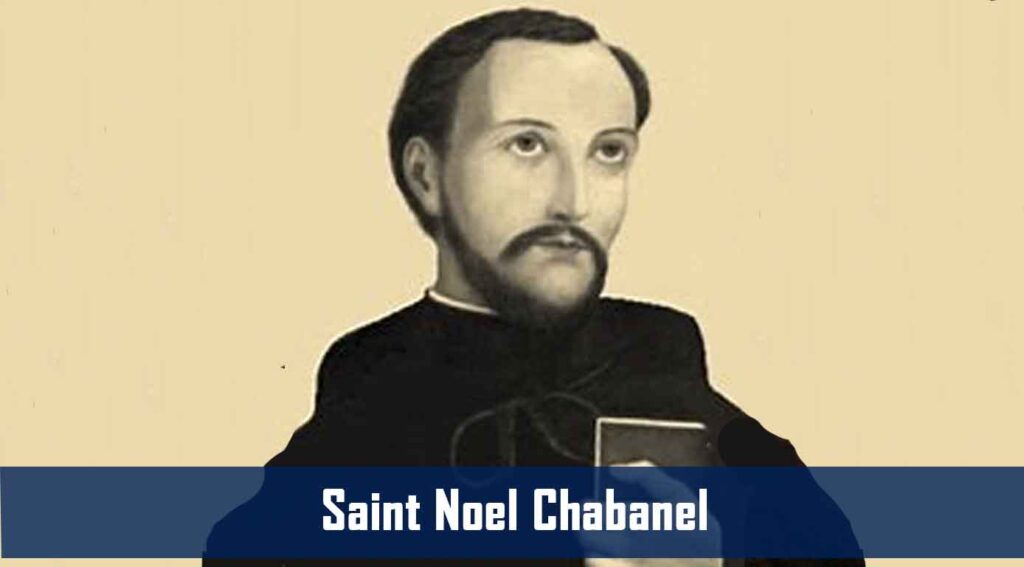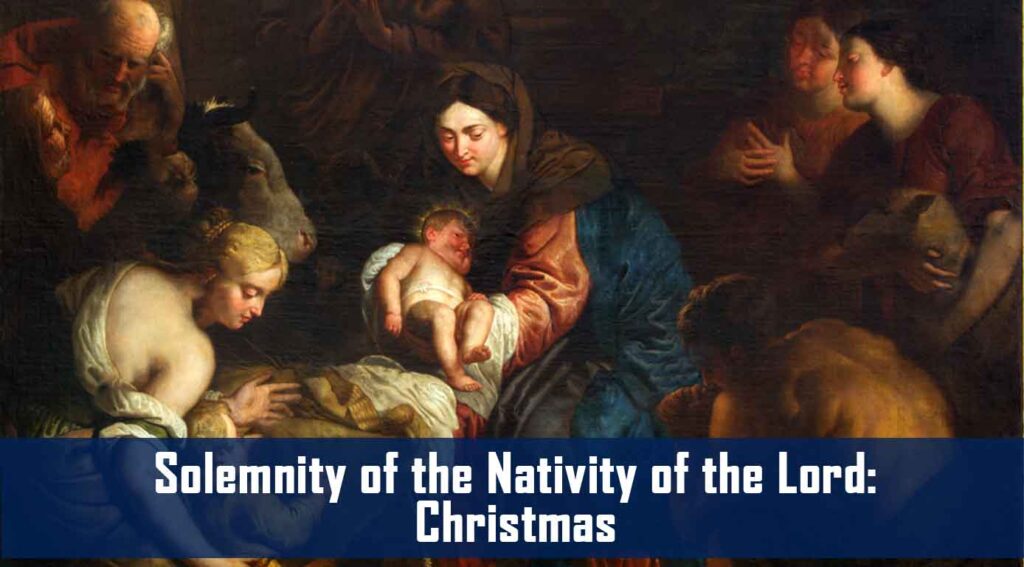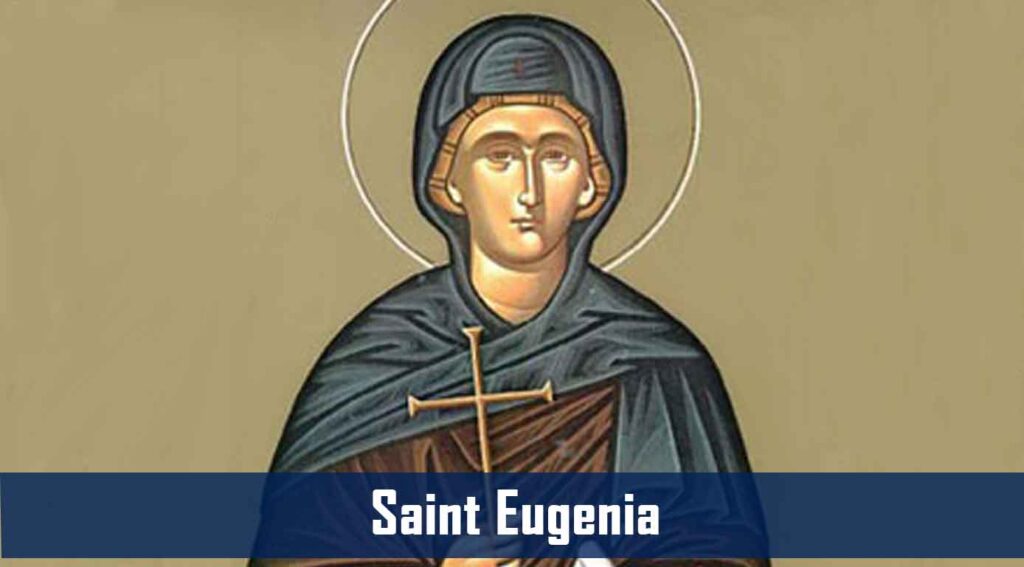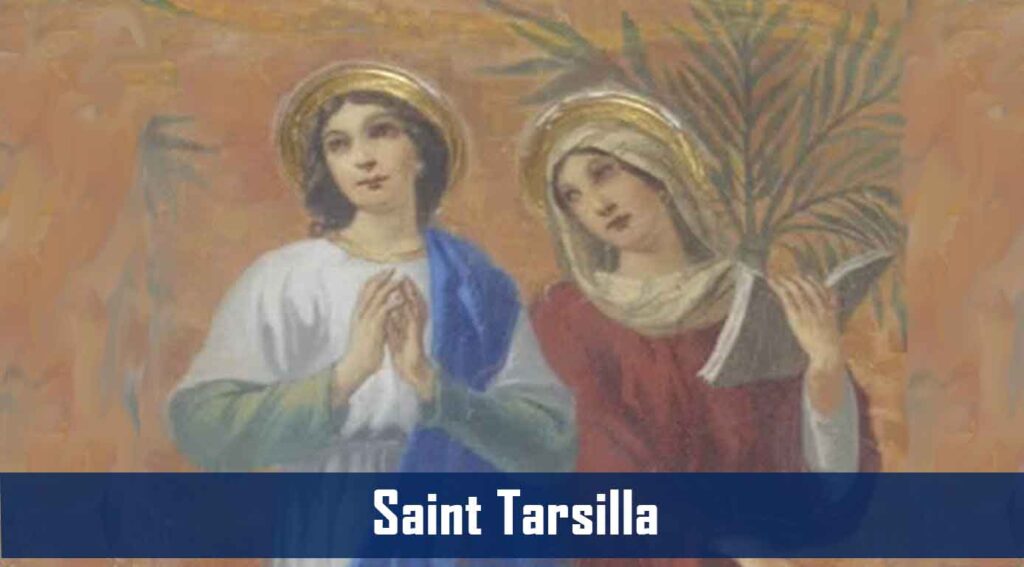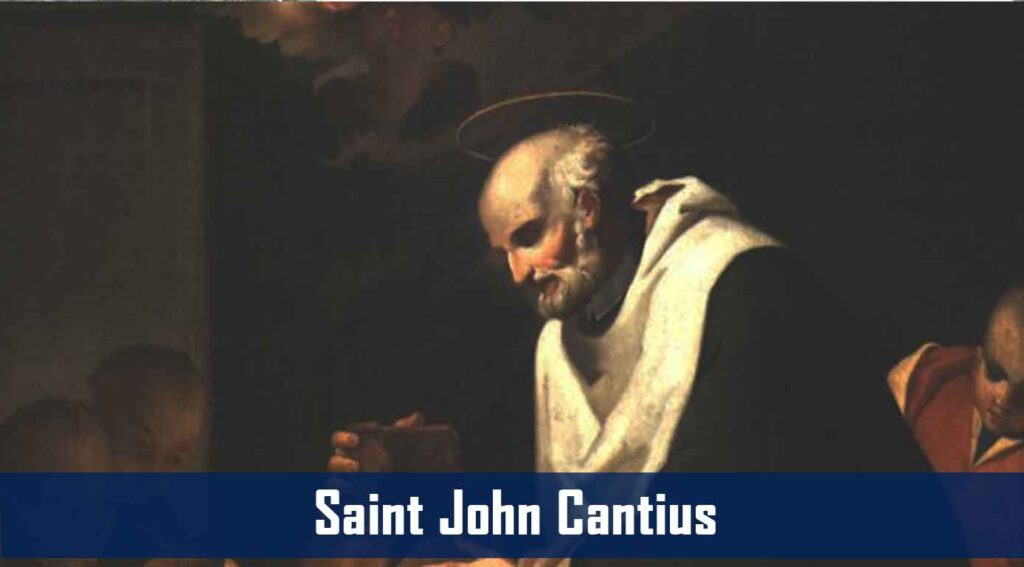Saint John the Evangelist
It is God who calls; human beings answer. The vocation of John and his brother James is stated very simply in the Gospels, along with that of Peter and his brother Andrew: Jesus called them; they followed. The absoluteness of their response is indicated by the account. James and John “were in a boat, with their father Zebedee, mending their nets. He called them, and immediately they left their boat and their father and followed him” (Matthew 4:21b-22).
For the three former fishermen—Peter, James and John—that faith was to be rewarded by a special friendship with Jesus. They alone were privileged to be present at the Transfiguration, the raising of the daughter of Jairus and the agony in Gethsemane. But John’s friendship was even more special. Tradition assigns to him the Fourth Gospel, although most modern Scripture scholars think it unlikely that the apostle and the evangelist are the same person.
John’s own Gospel refers to him as “the disciple whom Jesus loved” (see John 13:23; 19:26; 20:2), the one who reclined next to Jesus at the Last Supper, and the one to whom Jesus gave the exquisite honor of caring for his mother, as John stood beneath the cross. “Woman, behold your son…. Behold, your mother” (John 19:26b, 27b).
Because of the depth of his Gospel, John is usually thought of as the eagle of theology, soaring in high regions that other writers did not enter. But the ever-frank Gospels reveal some very human traits. Jesus gave James and John the nickname, “sons of thunder.” John was with Peter when the first great miracle after the Resurrection took place—the cure of the man crippled from birth—which led to their spending the night in jail together. The mysterious experience of the Resurrection is perhaps best contained in the words of Acts: “Observing the boldness of Peter and John and perceiving them to be uneducated, ordinary men, they [the questioners] were amazed, and they recognized them as the companions of Jesus” (Acts 4:13).
The Apostle John is traditionally considered the author also of three New Testament letters and the Book of Revelation. His Gospel is a very personal account. He sees the glorious and divine Jesus already in the incidents of his mortal life. At the Last Supper, John’s Jesus speaks as if he were already in heaven. John’s is the Gospel of Jesus’ glory.
Saint John the Evangelist Read More »


